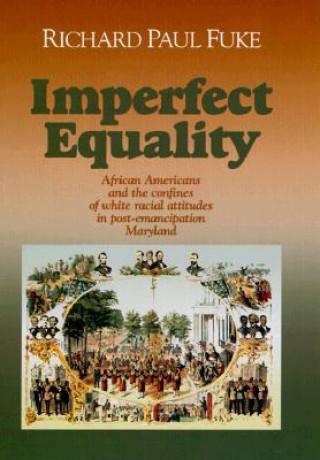
Kód: 04940413
Imperfect Equality
Autor Richard Paul Fuke
In Imperfect Equality, Richard Fuke has explores the immediate aftermath of slavery in Maryland, which differed in important ways from the slaveholding states of the South: it never left the Union; white radicals had a period of a ... celý popis
- Jazyk:
 Angličtina
Angličtina - Väzba: Pevná
- Počet strán: 307
Nakladateľ: Fordham University Press, 1999
- Viac informácií o knihe

118.18 €

Skladom u dodávateľa v malom množstve
Odosielame za 12 - 17 dní
Potrebujete viac kusov?Ak máte záujem o viac kusov, preverte, prosím, najprv dostupnosť titulu na našej zákazníckej podpore.
Pridať medzi želanie
Mohlo by sa vám tiež páčiť
-
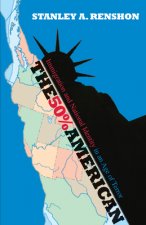
50% American
84 € -
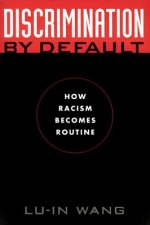
Discrimination by Default
38.16 € -

Magic Life
10.84 € -3 % -

Gangland
16.98 € -9 % -

Heavenly Vaults
72.95 € -

Miller's Bolt
21.68 € -
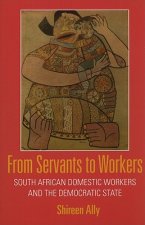
From Servants to Workers
45.73 €
Darujte túto knihu ešte dnes
- Objednajte knihu a vyberte Zaslať ako darček.
- Obratom obdržíte darovací poukaz na knihu, ktorý môžete ihneď odovzdať obdarovanému.
- Knihu zašleme na adresu obdarovaného, o nič sa nestaráte.
Viac informácií o knihe Imperfect Equality
Nákupom získate 292 bodov
 Anotácia knihy
Anotácia knihy
In Imperfect Equality, Richard Fuke has explores the immediate aftermath of slavery in Maryland, which differed in important ways from the slaveholding states of the South: it never left the Union; white radicals had a period of access to power; and even prior to legal emancipation, a large free black population resided there. Moreover, the presence of Baltimore, a major city and port, provided abundant evidence with which to compare the rural and the urban experience of black Marylanders. This state study is therefore uniquely revealing of the successes and failures of the post-emancipation period. The transition in Maryland from a slave to a free society, Fuke argues, presented to black Marylanders opportunities to achieve previously inaccessible goals. Blacks were able to realize some goals, such as greater land ownership, control over the labor of their children, education, and the formation of independent cultural and social organizations, through their own intrepidity combined with the support of white radicals as well as with the assistance of the Freedmen's Bureau, the United States Army, and some state-controlled agencies. Other goals-such as social equality, economic opportunity and advancement, and suffrage-remained beyond the reach of blacks, not only because of conservative white opposition, but also, Fuke argues, because of the attitudinal limitations of white radicals unable to confront the full range of post-emancipation possibilities. Calling upon a very broad range of sources, Fuke demonstrates that after emancipation, Black Marylanders neither enjoyed total freedom nor suffered absolute coercion, but their struggle made two things clear: much of whatever they might accomplish, they would have to do by themselves; and such efforts would remain confined by white attitudes determined to regulate them.
 Parametre knihy
Parametre knihy
Zaradenie knihy Knihy po anglicky Society & social sciences Society & culture: general Social groups
118.18 €
- Celý názov: Imperfect Equality
- Podnázov: African Americans and the Confines of White Ideology in Post-Emancipation Maryland.
- Autor: Richard Paul Fuke
- Jazyk:
 Angličtina
Angličtina - Väzba: Pevná
- Počet strán: 307
- EAN: 9780823219629
- ISBN: 0823219623
- ID: 04940413
- Nakladateľ: Fordham University Press
- Hmotnosť: 612 g
- Rozmery: 229 × 152 × 24 mm
- Dátum vydania: 01. January 1999
Obľúbené z iného súdka
-

Women Who Run with the Wolves
11.65 € -3 % -

The Mastery of Love
12.37 € -19 % -

Intellectuals and Society
22.40 € -21 % -

Muhammad: His Life Based on the Earliest Sources
20.86 € -23 % -

Wisdom of the Native Americans
20.05 € -1 % -
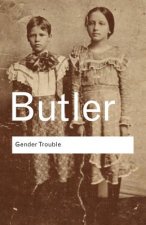
Gender Trouble
27.21 € -4 % -
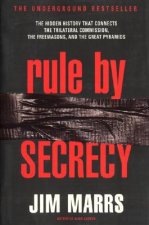
Rule by Secrecy
12.27 € -23 % -

Whipping Girl
17.18 € -19 % -

Islam, Arabs, and the Intelligent World of the Jinn
36.11 € -

Death of Nature
18.31 € -6 % -

City of Dreadful Delight
47.16 € -

Islamic Arms and Armor - In The Metropolitan Museum of Art
101.09 € -
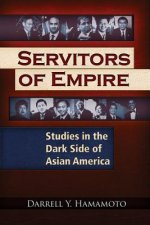
Servitors of Empire
20.35 € -4 % -

History of Sexuality: an Introduction
17.59 € -3 % -
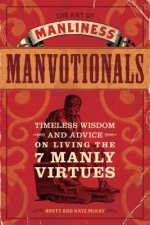
Art of Manliness - Manvotionals
14.62 € -20 % -

Indaba, My Children
22.40 € -3 % -
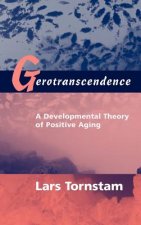
Gerotranscendence
145.70 € -

Indian Sign Language
10.84 € -4 % -
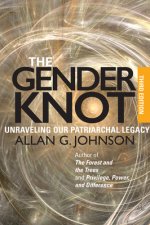
Gender Knot
35.50 € -9 % -

Think Like a Monk
15.75 € -24 % -

Who Cooked the Last Supper?
19.84 € -7 % -

Second Sex
16.57 € -23 % -

Goddesses in Everywoman
12.27 € -23 % -

Women Who Run With The Wolves
17.59 € -9 % -

Tom of Finland. The Complete Kake Comics
21.17 € -

Orientalism
11.04 € -23 % -
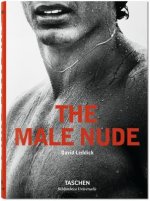
The Male Nude
18.31 € -10 % -
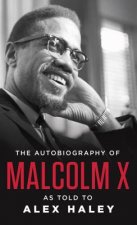
The Autobiography of Malcolm X
10.53 € -8 % -

Humans of New York
25.78 € -17 % -

Culture of Critique
23.93 € -17 % -

Dance of Anger
11.14 € -23 % -

Empire of the Summer Moon
14.42 € -23 % -
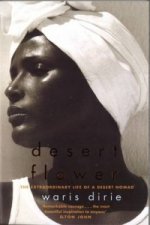
Desert Flower
10.22 € -24 % -

World's Best Cities
38.87 € -5 % -

Complete Book of Pilates for Men
19.33 € -20 % -

Allegory and Philosophy in Avicenna (Ibn Sina)
80.93 € -
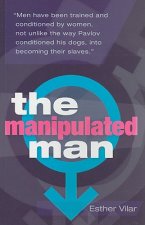
Manipulated Man
14.01 € -18 % -

Going Clear
15.65 € -18 % -

The Way of Men
14.01 € -19 % -

Qur'an
32.84 € -23 % -

We Should All Be Feminists
7.56 € -25 % -

Talking with Female Serial Killers - A chilling study of the most evil women in the world
11.14 € -23 % -

Nice Girls Don't Get The Corner Office
9.81 € -24 % -
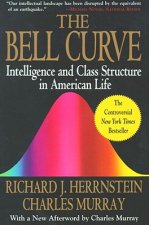
The Bell Curve
18.72 € -23 % -

Beauty Sick
12.27 € -23 % -

Iron John
16.57 € -22 % -

Black Rednecks & White Liberals
21.89 € -16 % -

Witches, Midwives, And Nurses
13.29 € -

Generations
19.94 € -14 %
Osobný odber Bratislava a 2642 dalších
Copyright ©2008-24 najlacnejsie-knihy.sk Všetky práva vyhradenéSúkromieCookies


 21 miliónov titulov
21 miliónov titulov Vrátenie do mesiaca
Vrátenie do mesiaca 02/210 210 99 (8-15.30h)
02/210 210 99 (8-15.30h)